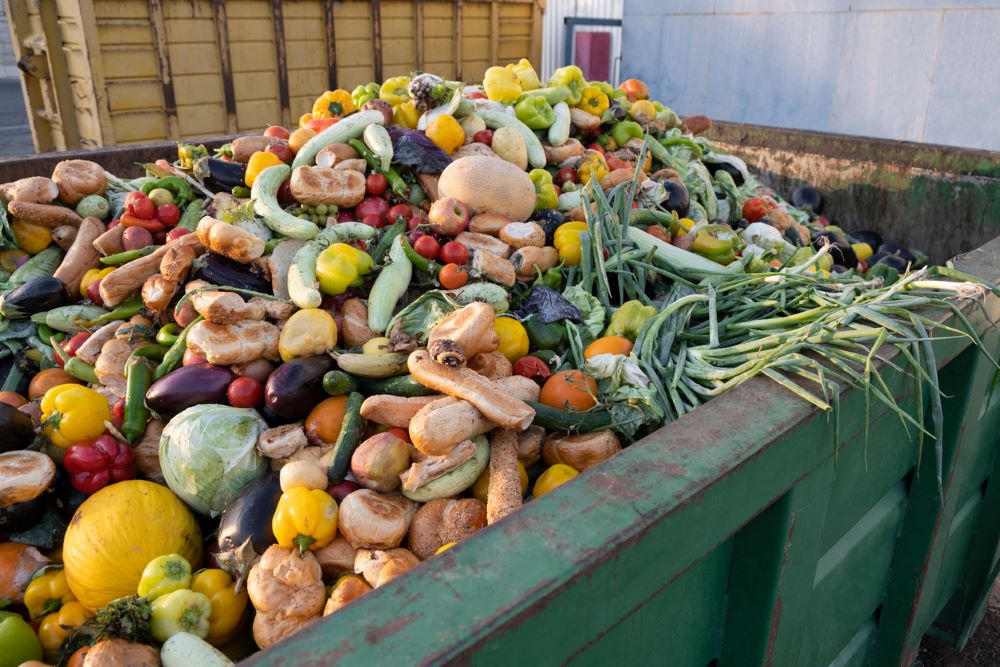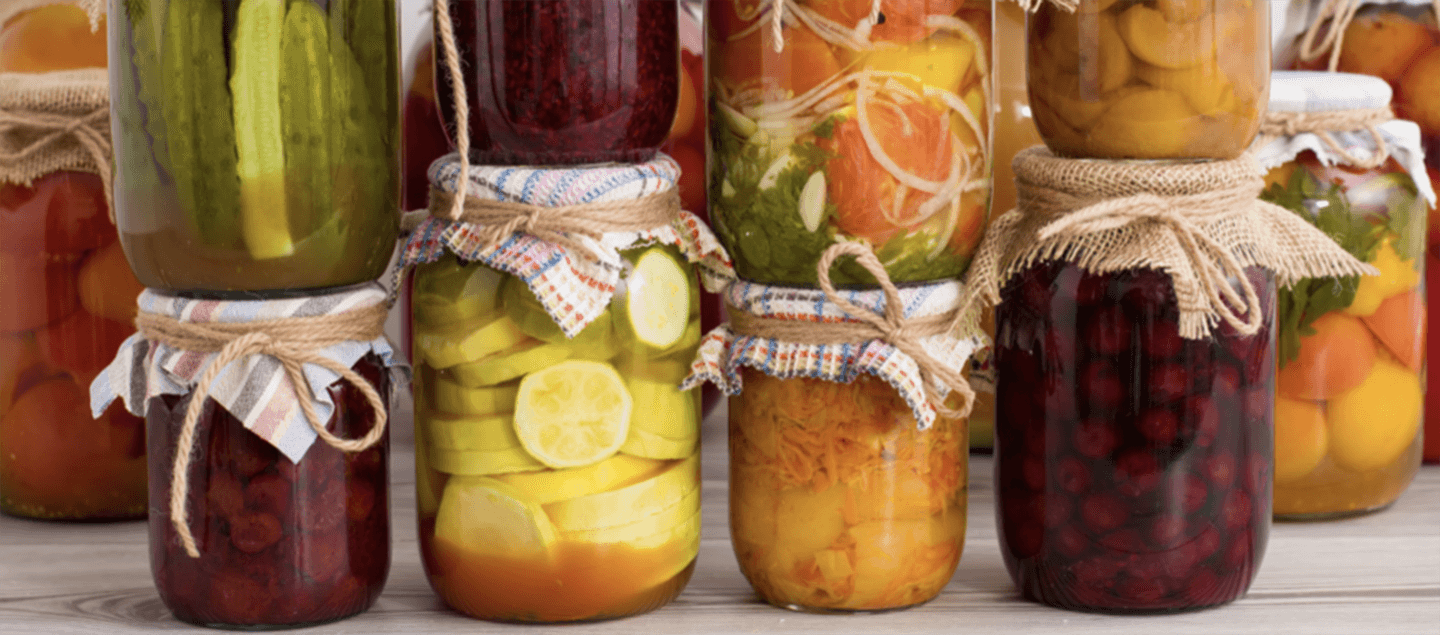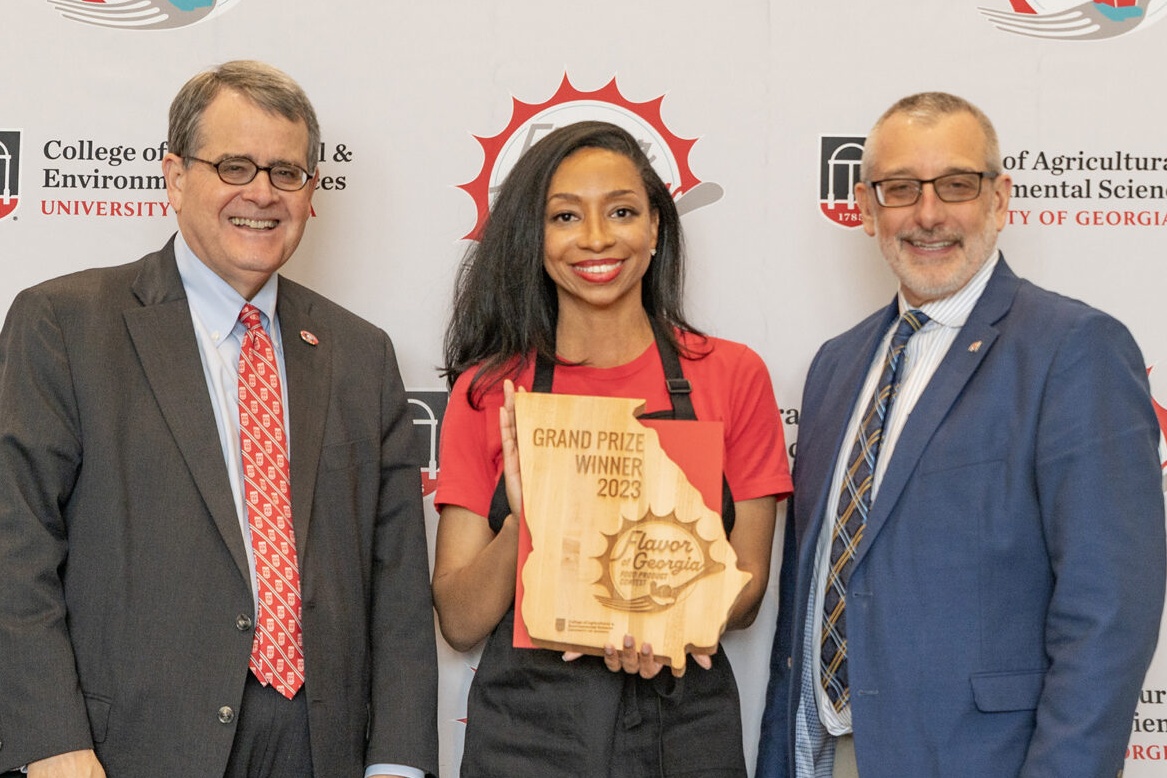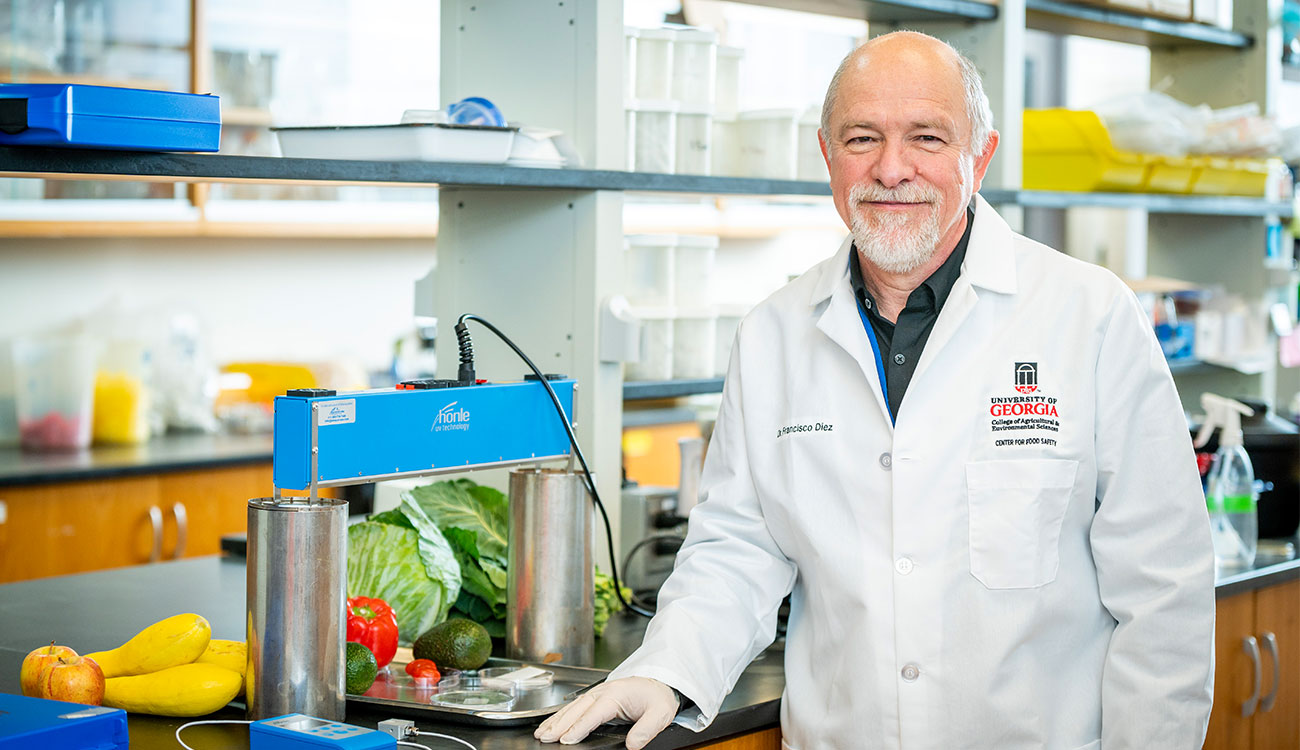 CAES News
CAES News
Food Labels
Do Nutrition Facts labels provide a complete picture of what "healthy" really means? And does the way information is provided on food labels change consumers' perceptions and purchasing behavior? Chen Zhen, a University of Georgia professor in food choice, obesity and health was awarded $794,000 to lead a four-year international study to better understand how the use of supplementary nutrition information on packaged food labels have unintended consequences across the socioeconomic spectrum.

.jpg)
.jpg)

.png)




